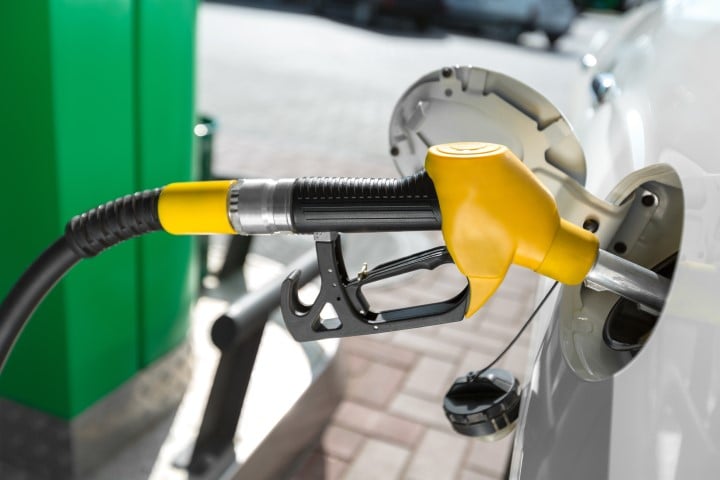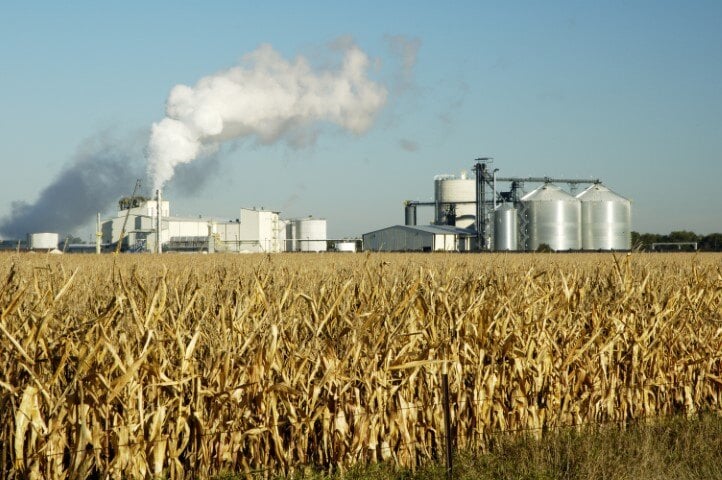4 Things You Need to Know About Ethanol Fuel
Ethanol is a fact of life now, with 10% ethanol blends being commonplace for a number of years. 15% ethanol has passed all of the approval stages and...
The holy grail for ethanol has always been "can we make ethanol for gasoline out of stuff we can't eat?" More specifically, the big issue has been whether that could be done cost-effectively. We've written a couple of blogs in the recent past on the problems the industry has had in solving that riddle. The first, back in 2012, was about how the industry was being mandated by Congress to produce 250 million gallons of "cellulosic" ethanol, but could only muster less than 7 million gallons. The second was in May, talking about Congress reducing the ethanol requirement, in part, because the industry still could only make 17 million gallons of cellulosic ethanol - far, far less than original projections, thus making it impossible to meet what Congress had dictated for ethanol use volumes since 2011.
We've mentioned "cellulosic ethanol" a couple of times. All that means is ethanol that's been made from things we don't eat. That means taking all the waste parts of plants, like stalks and leaves, and breaking those down to get ethanol for blending into gasoline. That's a lot more attractive proposition than taking 40% of the corn supply out of the market to make fuel out of it.
The issue up until now has been that nobody's been able to figure out how to do this without breaking the bank. Making ethanol from corn stalks and leaves requires special enzymes to break them down and new strains of yeast to turn it all into ethanol. It took years and billions of dollars in research money to crack the code. Now the ethanol industry thinks they have done it.
The result is the world's largest plant making ethanol from these sources. Farmers from miles around can bring in their corn field wastes to Emmetsburg, Iowa, and they'll get paid up to $75 a ton for it. The factory will use almost 800 tons of waste per day to produce 25 million gallons of ethanol a year. That's more than double the entire national output last year, and a full 10% of what Congress optimistically projected for cellulosic ethanol in the Renewable Fuels Standard back in 2011.
How much did all of this cost? The plant itself cost $250 million to build and is a joint venture between a Dutch biotech company and an American ethanol producer. But they didn't have to pay for it all themselves. The state of Iowa helped out with about $20 million of tax credits, while the U.S. government chipped in a cool $100 million over seven years.
What does all of this have to do with royalty? Because of the collaboration with the Dutch company, and because of historic Midwestern ties with Holland, the new Dutch King Williem-Alexander flew 6,000 miles to help open the plant. You may not know it, but the Midwestern region has some strong historic ties to the Netherlands. The area has always attracted strong levels of immigration from the Netherlands because the flatness of the land reminded the Dutch people of home.
This could be the first of many such ethanol factories. Within the next year, three more plants of similar size are slated to open.

Ethanol is a fact of life now, with 10% ethanol blends being commonplace for a number of years. 15% ethanol has passed all of the approval stages and...

Just a followup on previous news about Congress considering a lowering of the ethanol volume mandated by the Renewable Fuels Standard - the EPA is...

When it comes to making ethanol for fuel, there's no country better at it than Brazil. Brazils ethanol production has been happening on a large scale...